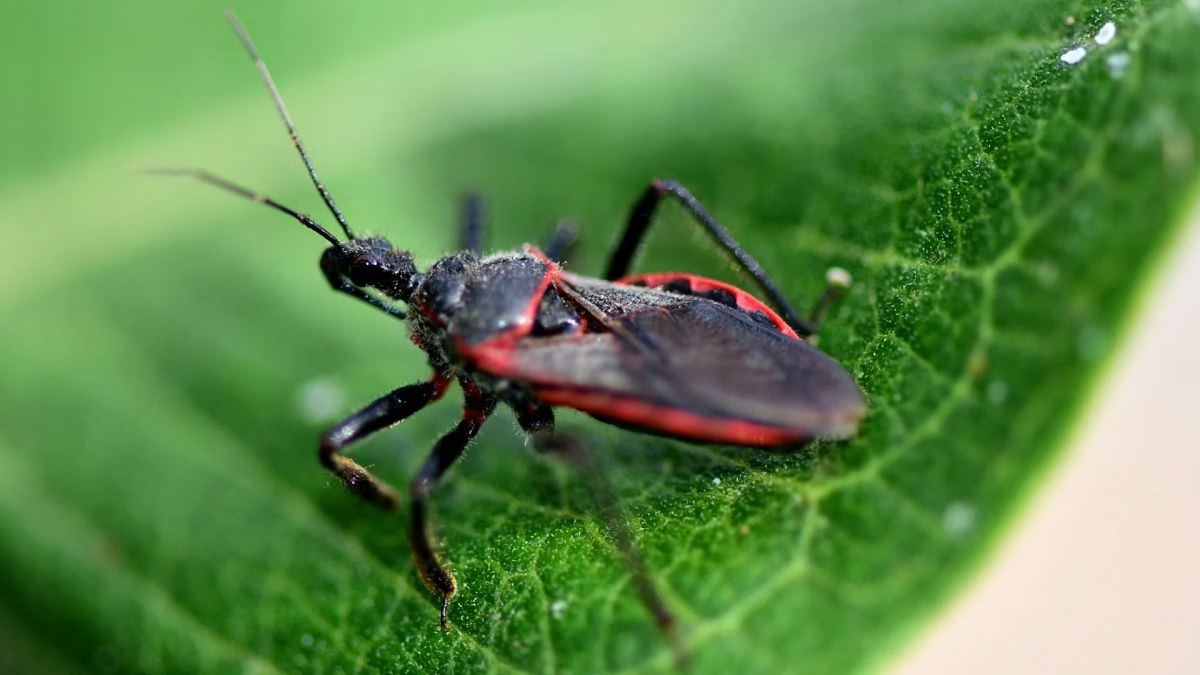Published on

ADVERTISEMENT
Researchers warn that a potentially dangerous parasitic disease, long linked to Latin America, is also found in the United States.
Chagas disease, which is spread by blood-sucking insects called “kissing bugs”, can lead to severe heart complications for both humans and dogs.
Chagas is often unnoticed for years since many suffer few or no initial symptoms, but the World Health Organization warns that it results in approximately 10,000 deaths per year and puts up to 75 million people globally at risk.
While acute cases can cause swelling in the limbs or eyes and even anaphylaxis, the greatest threats come from long-term complications such as heart attacks or strokes.
Disease Transmission Explained
Kissing bugs, which feed on blood similar to mosquitoes and ticks, play a crucial role in the spread of Chagas.
“Direct human-to-human or animal-to-human transmission is not common,” explains Dr. Sarah Hamer, a veterinary epidemiologist at Texas A&M University.
“The kissing bug is crucial to the transmission of Chagas because it acts as the vector for the parasite.”
Humans typically become infected when a kissing bug deposits its feces during feeding, allowing the parasite in the feces to enter the body.
Dogs contract the parasite by ingesting the insects.
Challenges in Detecting Chagas
Untreated, Chagas can cause severe heart damage as the parasite enters the heart tissue and affects its function.
Awareness and testing shortages are a significant issue. Dr. Hamer emphasizes that Chagas is not well recognized in both human and veterinary medical communities in the United States.
Though Chagas is present in the U.S., the risk of local infections is considered lower than in Latin America, partly because U.S. kissing bugs generally stay outside homes.



